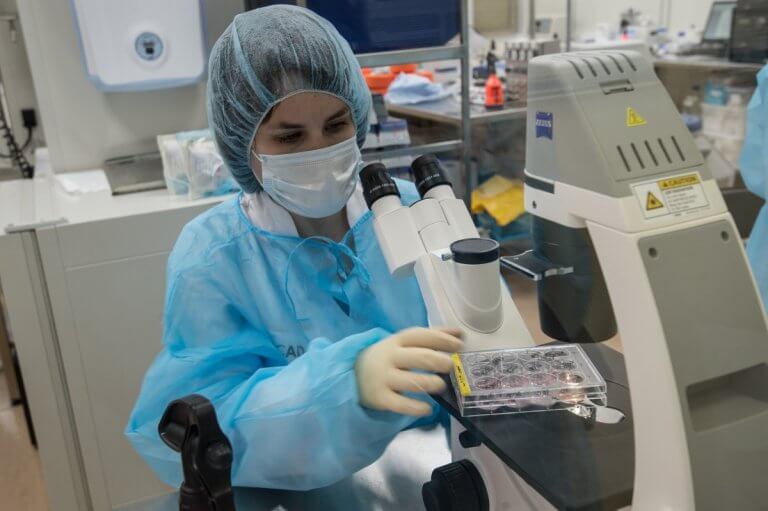
Postgraduate studies often get labelled as a luxury for the privileged few who can afford years out of employment in return for the title of ‘Doctor’.
While it’s no myth that a PhD can cost a small-fortune and years of hard labour over research, this graduate student is proving it’s worthwhile if you get it right.
After co-founding a tech company that has found a way to treat diabetes more efficiently while completing his PhD at the University of Bristol, Dr Harry Destecroix reportedly sold his business for GB£623 million (US$802 million) to pharmaceutical giant Novo Nordisk.
The company, Ziylo, created a synthetic molecule that binds glucose in the bloodstream more efficiently while Dr Destecroix completed his PhD research.
We are very proud to announce that @ziylo has been acquired by @novonordisk in a deal that could exceed USD$800m. This could lead to the development of a ground-breaking treatment for #diabetes patients, demonstrating the global impact of #Bristol science. https://t.co/mYpslKus26 pic.twitter.com/3FvGnohkm0
— Science Creates (@ScienceCreates) August 17, 2018
Novo Nordisk hopes to use this molecule to produce a new form of insulin, helping diabetics manage their inability to produce the hormone, according to the BBC.
This is a prime example of the real-world opportunities borne out of postgraduate degrees, making the years of research and fees eventually pay off.
Breaking away from the stereotype that PhD’s are only valuable to those who wish to pursue a career in academia or earn the prestige of two letters before your name, Dr Destecroix proves that if you follow a research topic you’re passionate about and that fills a societal need, the results could have a real-world impact from the get-go.
Caitlin Miron, a PhD student at Queen’s University in Canada, had a similar impact on the medical industry last year through her research, uncovering a compound that binds to a four-strand DNA structure called a guanine quadruplex that is associated with cancer and other diseased cells.

Caitlin Miron. Source: @pressed_news/Instagram
“It’s incredibly exciting because researchers have been trying to identify DNA binders with properties like this one for more than two decades,” Miron told Global News. “It’s so new, we’ve had to devise our own techniques for analysing and testing it.”
Miron won the prestigious 2017 Mitacs Award for Outstanding Innovation for discovering the compound, and early feedback from the US National Cancer Institute has been positive. It’s expected to be ready for licensing by pharmaceutical companies in two to eight years from now, according to Global News.
Despite her success, Miron notes that the life of a PhD student isn’t easy and resilience is key to making an impact her field: “Research doesn’t always go smoothly, so you need to be able to sit back and figure out how to fix things,” she said.
Having a supervisor who will support you through the research process, as well as exhibiting good communication and time management skills, are key factors on making an impact in the industry, according to Miron.
So if you have a research idea that could improve the lives of many or revolutionise any field, don’t be afraid to take the first step in turning your thesis into a real-world solution and find a PhD that allows you to unleash your research potential.
Liked this? Then you’ll love…
Should you do your PhD overseas or at home?
How family friendly PhDs could provide more opportunities for international students







